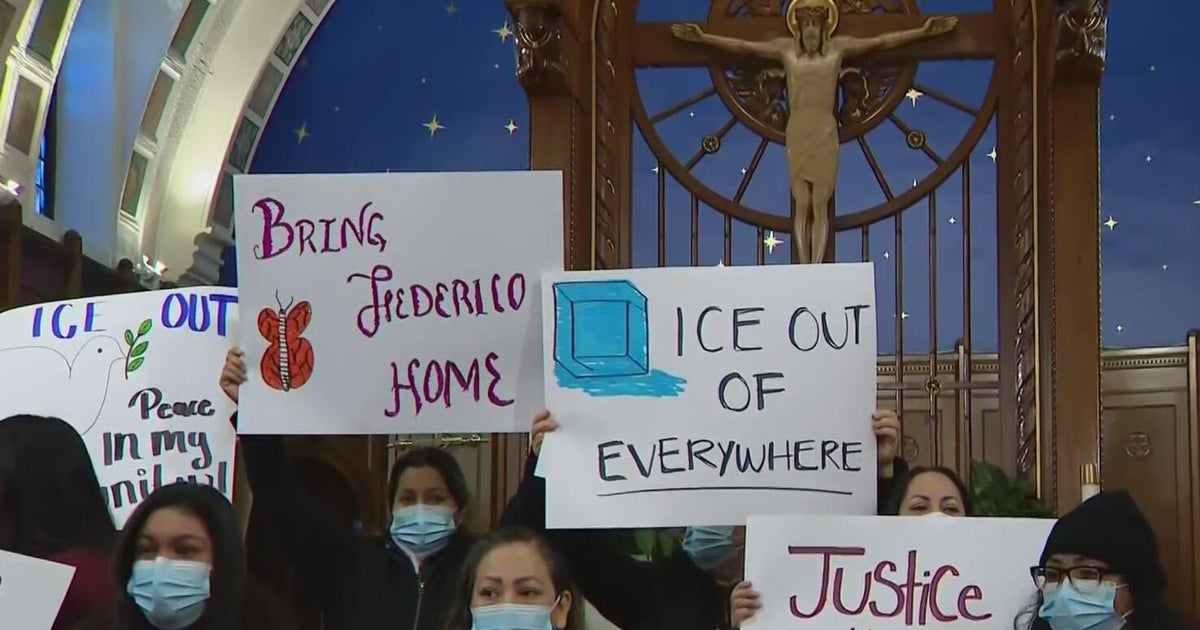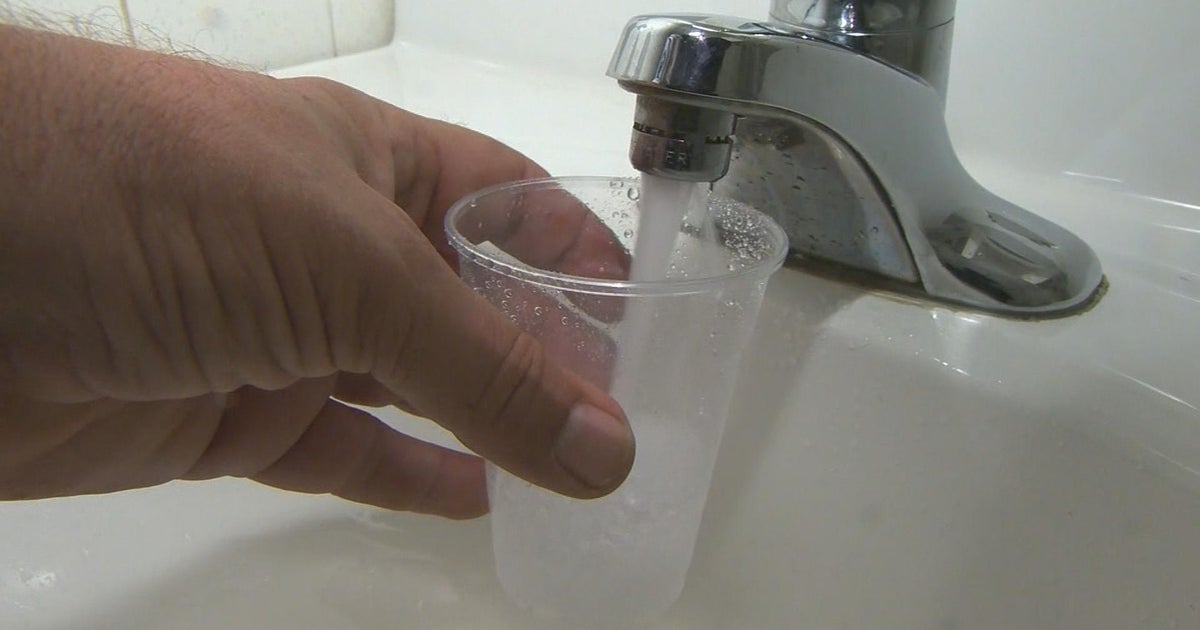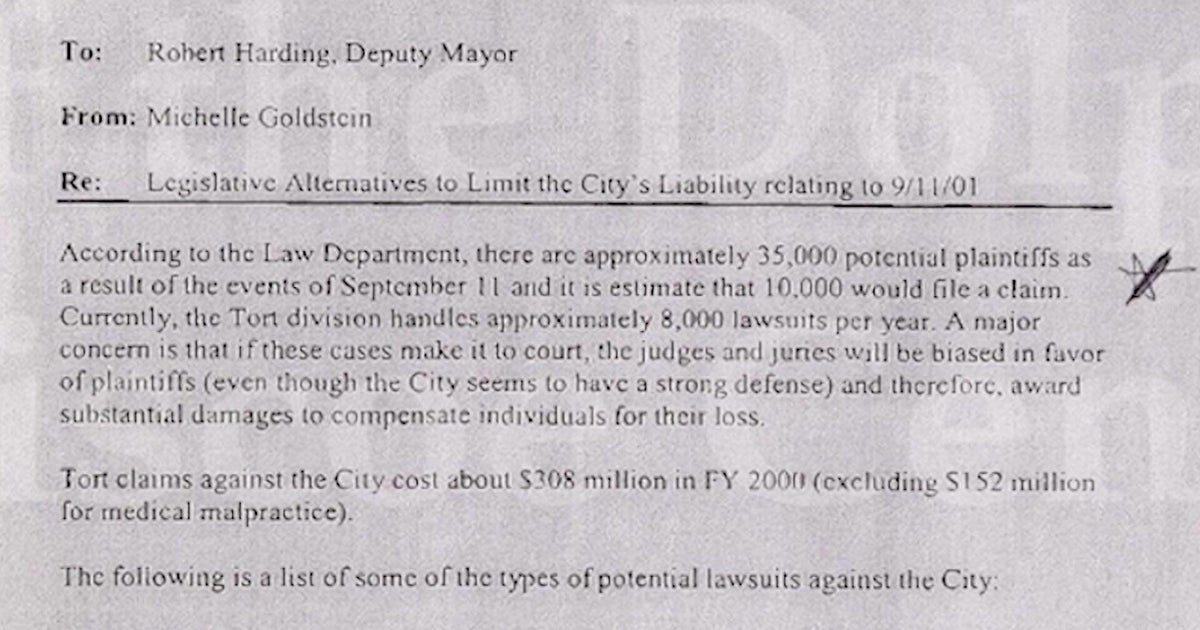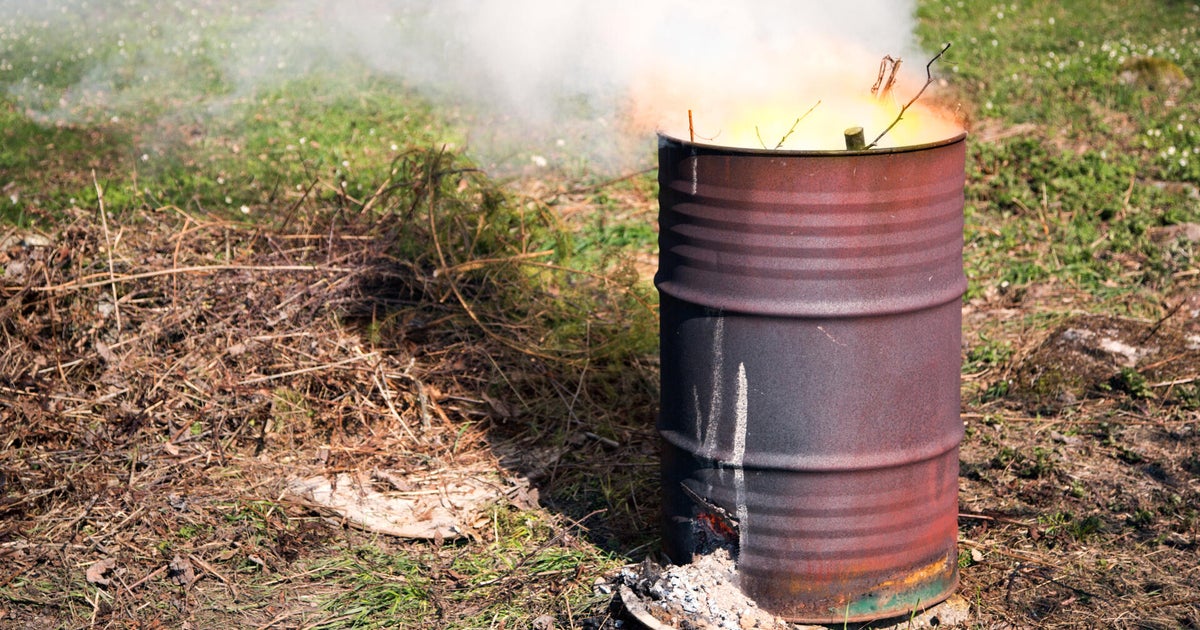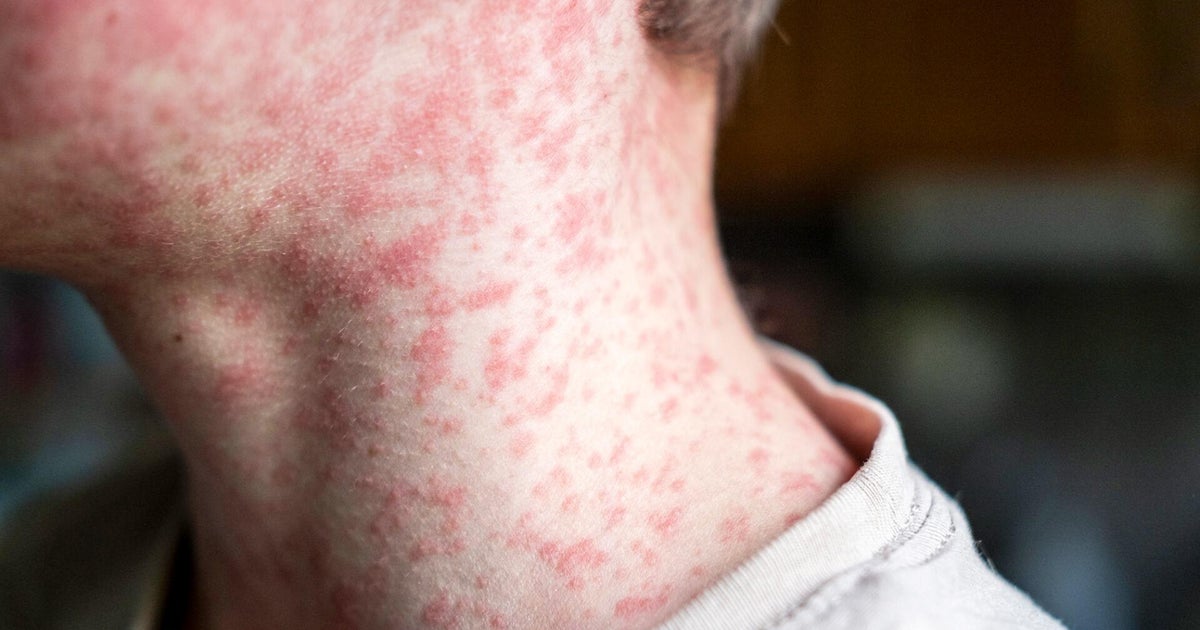The Unintended Consequences Of At-Home DNA Tests
Follow CBSMIAMI.COM: Facebook | Twitter
MIAMI (CBSMiami) — Your DNA can expose much more than your ethnicity or family tree.
Companies 23andMe and Ancestry DNA passed a CBS News test last year, when saliva samples from quadruplets were sent to the companies.
Despite making up different ethnic sounding last names, each company linked the four, correctly identifying them as siblings. It also showed each had similar heritage.
"That actually surprised me a little bit with the change of their last name," mom Amy Nelson said after the test.
DNA expert Dr. Ruth Ballard says these tests are quite accurate but warns of possible consequences.
"Be prepared to find out something that isn't comfortable."
She says you could learn your ethnicity is different from what your family told you. It could expose if you have a different father or are adopted.
For example, if you make your DNA profile public, law enforcement could find it. In the case of the Golden State Killer, detectives say they cracked the case and tracked down Joseph DeAngelo to his Citrus Heights home after finding a relative's DNA profile on a public genealogy website.
"It may fly in the face of what think about your family," Dr. Ballard said.
Genetic tests uncovered a fertility doctor in Indiana used his own sperm, instead of a donors to father potentially dozens of children.
The FDA has approved 23andMe to tell you if your genes show you're at risk of certain health conditions, like cancer, Parkinson's or Alzheimer's disease.
"You need to be prepared for possible bad news," Dr. Ballard said.
DNA profiles shared with the wrong people like insurance companies or employers can be devastating.
"If they know you're going to get Alzheimer's, they may not promote you, or hire you," she said.
She recommends entering fake names to protect your privacy or do not do a DNA test at all.
"Once you've given your DNA, you've given it," she said. "And there's tons of information in that DNA."
